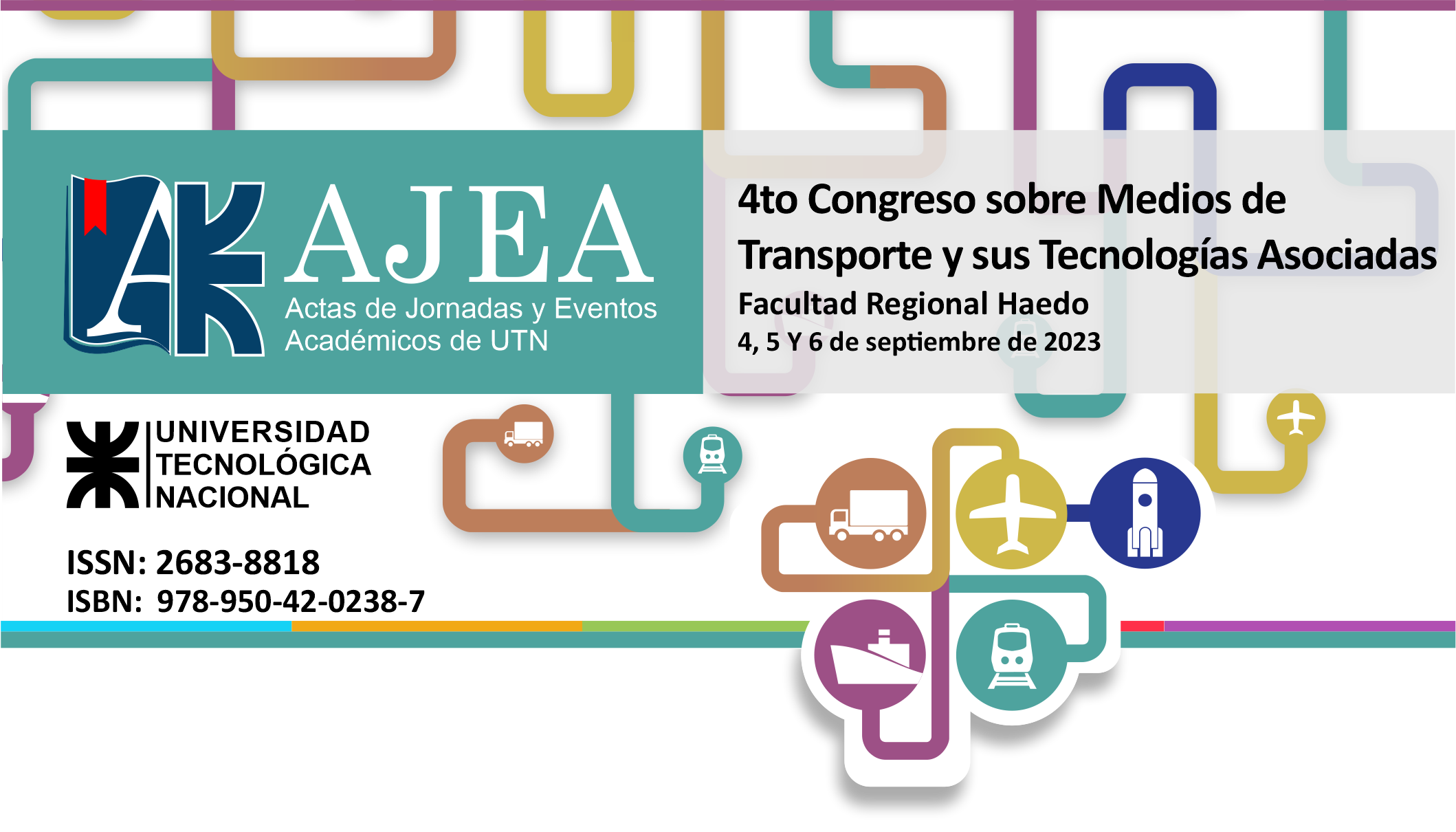Economic profitability of electric vehicles through the sensitivity analysis of economic variables
Keywords:
electric mobility, tariff, feasibilityAbstract
The global energy context requires a multisectoral approach to meet environmental goals in pursuit of sustainable growth. The transportation sector is among the most influential in the current situation, thus presenting great potential for making transcendent changes. Electric mobility leads the vectors of change in the sector, presenting multiple advantages over conventional technology. However, there are barriers to its insertion that are under discussion through policies that facilitate its acquisition and use. This paper compares two equivalent vehicle models by analyzing the evolution of cost over time, taking into account different sensitivity scenarios. On the one hand, the variation in acquisition costs, establishing reduction steps in prices and electric vehicle efficiency. On the other hand, the energy rates used, which arise from the analysis of new tariff segments, according to the income and consumption levels of each user. The results show a high incidence of acquisition costs in the infeasibility of technology change. Conversely, improving vehicle efficiency does not drastically change the evolution of costs over time. Regarding the difference between tariff sectors, although the resulting cost differs, it is not relevant to determine the viability of using one technology over the other.
Downloads
Metrics
Downloads
Published
How to Cite
Conference Proceedings Volume
Section
License

This work is licensed under a Creative Commons Attribution-NonCommercial 4.0 International License.










